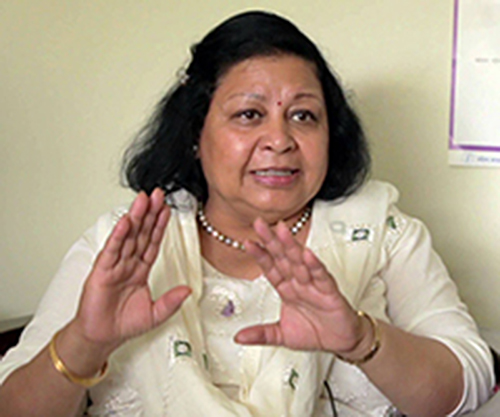Much more needed to set equation right
Kathmandu, March 8
Nepal has made some major achievements in attaining gender equality, but women rights activists say the government still needs to do a lot more to end the remnants of patriarchy.
President of Forum for Women, Law and Development Meera Dhungana said the government needed to amend the constitution to ensure equal nationality rights for women in matters of citizenship. “At present, children of a Nepali man married to a foreign woman are entitled to citizenship by descent, but children of Nepali woman married to a foreigner cannot get citizenship by descent,” she argued. She added that women continued to face discrimination in matters of gratuity, leave of absence and share of property.
“If a male employee’s father or mother passes away, he gets full bereavement leave but the same is not the case with women,” Dhungana said.
Widows, Dhungana added, are required to return their share of property if they remarry. She said many laws, including the constitution contained masculine phrases such as president, vice president, chairman, which needed to be changed to incorporate gender-neutral words.
Women’s rights activist Sharu Joshi Shrestha said although many new laws were enacted to ensure gender equality, the situation of women had not improved much. “In recent years, women have got formal equality but that has not been reflected in results,” she said and added that there were only three women among 25 members in the Cabinet.
“Even today only 26 per cent women own housing and land and it is not clear how many of them can take autonomous and independent decisions on those properties,” she added. Shrestha said women were still not able to pay for their treatment, travel and welfare funds.
Gender equality expert Bhaarati Silwal Giri said while the country made progress on the legal front in ensuring equality, it did not achieve significant progress in social and cultural transformation to ensure equality in practice.
“Our religious books, including Garuda Purana, undermine the dignity of women. Women are considered impure during menstruation,” she said and added that stereotypes and deep-rooted discriminatory practices could be dismantled through a sustained movement. She said a comprehensive approach had to be adopted to end all kinds of discrimination against women and for that policymakers needed to have different strategies to address the problems of more vulnerable women, particularly Dalit women.






